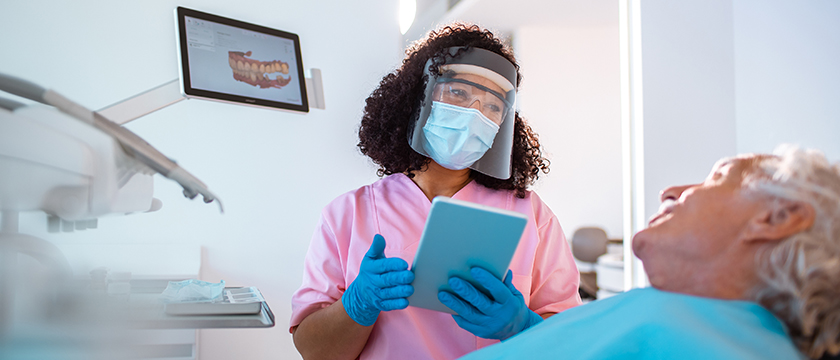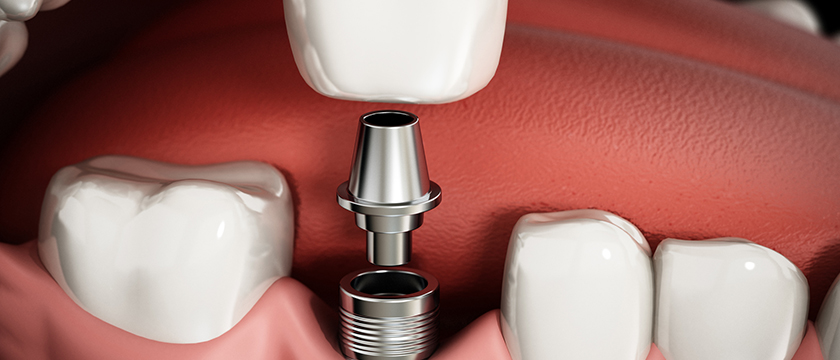Blog
 05 Jan 2023
05 Jan 2023
10 Reasons Why You Should Visit Your Family Dentist Regularly
Do you remember when your last dental appointment took place? If it was more than six months ago, you might be putting your oral health at risk. There are many reasons why it is important to see your dentist regularly, with many professionals recommending a visit twice a year. Here are just a few of the benefits of attending regular family dentist appointments.
 05 Dec 2022
05 Dec 2022
Things You Need to Know Before Opting for Dental Implants
Many people who are thinking about getting dental implants feel apprehensive about the process. With so many unknowns to contend with, this is no surprise. Learning more about dental implants and the procedure needed to place them can put your mind at ease and help you discover if they are right for you.
 05 Mar 2022
05 Mar 2022
How Can a Children’s Dentist Help Your Family?
Taking children to the dentist is rarely an easy task. Between scheduling issues, unique dental concerns, and managing your child’s anxiety, you may find that these appointments are far more challenging than your own.
 05 Jan 2022
05 Jan 2022
10 Reasons Why You Should Choose a Family Dentist
Do you and your children have a family dentist? If not, you should begin looking for one. Family dentists do much more than just clean and examine your teeth: they are your partner in the journey to improve your family’s oral health. Here are some of the top reasons it is worth your time to establish a relationship with a dentist for your family’s oral health needs.
 10 Aug 2021
10 Aug 2021
A Complete Guide to Dental Crowns for Oral Care
Dental crowns, sometimes also called caps, are small, tooth-shaped covers that are placed over a natural tooth. These prosthetics extend to the gum line, covering the affected tooth from top to bottom.
A well-made crown looks just like a natural tooth and allows you to chew food the same way you would with your original dentition. This makes crowns an excellent solution for both aesthetic and functional oral issues. You can learn more about this time-tested dental care option in the guide below.
 10 May 2021
10 May 2021
A Complete Guide to Choosing a Family Dentist
Children require regular dental care as much as any other type of healthcare, even when they are very young. The Canadian Dental Association recommends that all children visit a dentist before their first birthday and receive regular dental checkups every six months afterwards.
However, finding a family dentist in Mississauga is not always an easy task. You must choose a dentist that is able to provide reliable, convenient care for both the children and adults in your family. This guide will identify what to look for at a family dentist and offer tips to find the right one for you.
